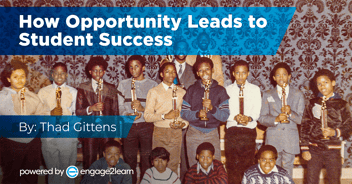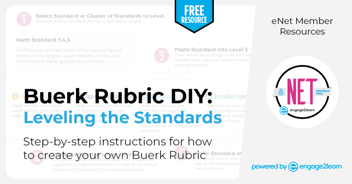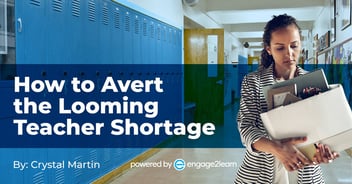Non-Traditional Learning and Life Ready Skills (LRS) | engage2learn

My path to a college education has been non-traditional at best and glacial at worst. Working a full-time job, combined with financial and family obligations, have occasionally reduced me to taking only a course or two per semester at the local community college for well over a decade.
Undoubtedly it’s more difficult to concentrate on our studies when we’re also worrying about mortgage payments and aging parents or growing kids, but the non-traditional learning path to higher education is quickly becoming the new normal.
Like many people, I got serious about going back to school during the Great Recession, when I realized that my skills wouldn’t get me an interview without a B.A. to back them up. Indeed, many companies now winnow out any applicants without a four-year degree rather than taking the time to see how individual hires’ skills, trainability, and personalities could benefit their organization.
Non-traditional students, by necessity as well as definition, must have well-developed Life Ready Skills if they hope to succeed in their collegiate careers:
- A growth mindset that compels them to go back to school
- The grit and determination to stick with it even when things get tough
- Highly developed time management skills in order to maintain grades, a job, and family
- Non-traditional students will have to develop effective communication skills, which is especially important when pursuing a degree online without face-to-face interaction.
Crucially, as an organization made up largely of former educators, engage2learn understands that the skills and energy that non-traditional learners bring to higher education are the same they bring to their employers.
As concern about degree inflation begins to grow, it becomes imperative that non-traditional students, as well as potential “middle skilled” hires, can provide evidence of their hard-won Life Ready Skills. Likewise, it becomes more and more important that employers seek skill and culture fits for applicants, rather than relying on the crutch of a four-year degree to prove the existence of other necessary attributes.
In the meantime, I’m finally on schedule to graduate this summer!



